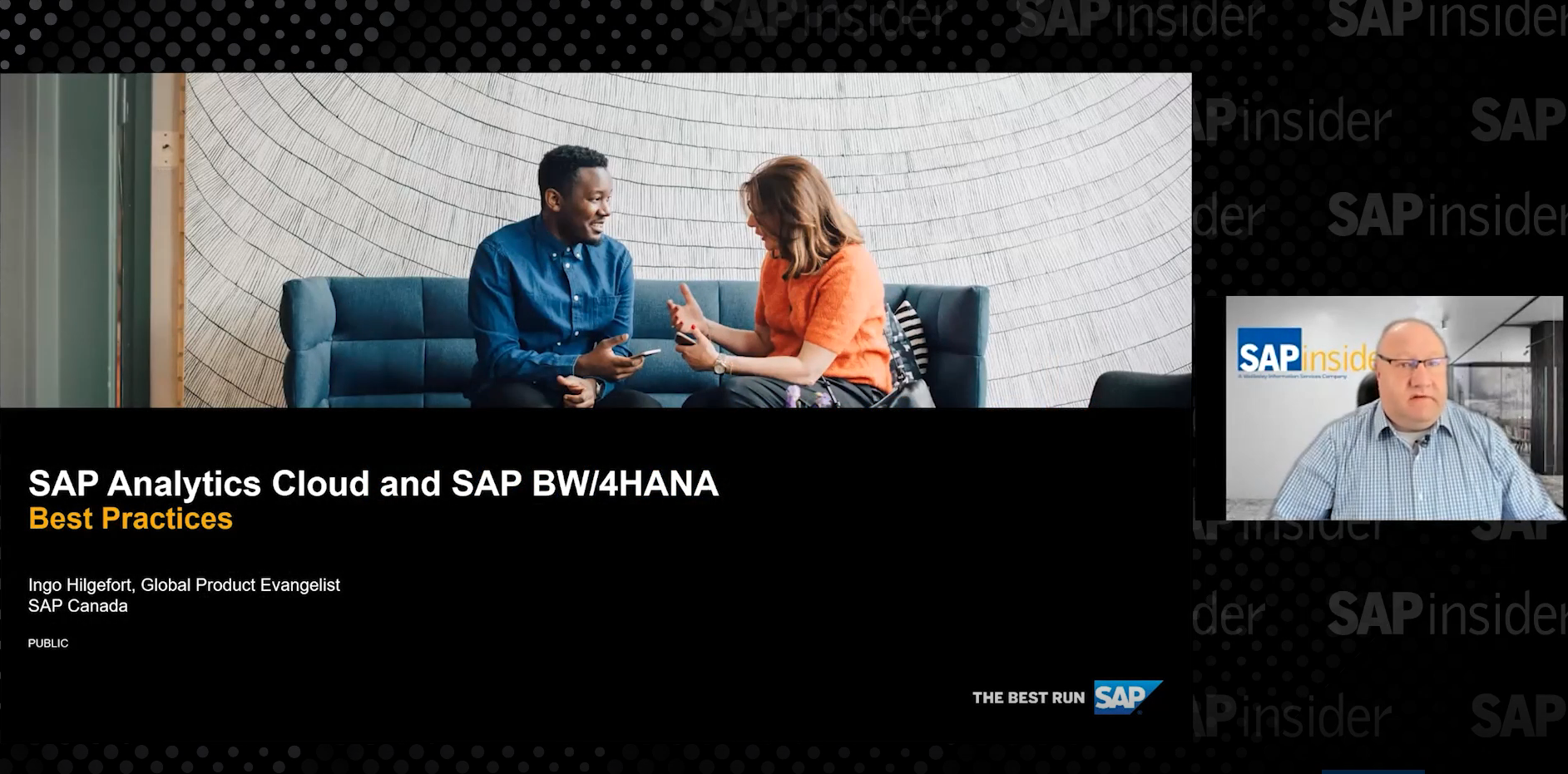Case Study: The Foschini Group (TFG)
Key Takeaways
⇨ he Foschini Group (TFG) significantly enhanced data integrity, consistency, and reporting speed by integrating multiple data sources into the Pyramid Decision Intelligence Platform.
⇨ TFG drastically reduced report generation times from weeks to hours, allowing the BI team to focus more on data analysis and insights.
⇨ Pyramid's intuitive interface improved data literacy across TFG, enabling employees to use and analyze data without extensive training.
Headquartered in Cape Town, South Africa, The Foschini Group (TFG) has 4,000 stores in 32 countries, and 29 retail brands that trade in fashion, jewelry, accessories, sporting apparel, and furniture. The firm has grown
rapidly through acquisition, amassing complex back-office systems along the way. The retailer has about 20 different data sources, and pockets of analytics for merchandising, financials, logistics, ecommerce, and manufacturing were run across different on-prem and cloud systems, including SAP, Oracle, Microsoft, and Amazon Web Services (AWS). With a multitude of hybrid systems, The Foschini Group’s existing solution wasn’t powerful enough to give them quick, accurate, and deep insights. In addition, they lacked the ability to combine and analyze data from their current technical stack.
“We process around 20 million records daily just for our stock-at-hand inventory, which was too much for Microsoft PowerBI and Tableau to handle,” says TFG’s senior department manager in charge of BI projects.
TFG’s BI team was spending weeks moving data around to create deep financial reports for buyers and planners, and dashboards for monthly board meetings.
Explore related questions
“We process around 20 million records daily just for our stock-at-hand inventory, which was too much for Microsoft PowerBI and Tableau to handle,” says TFG’s senior department manager in charge of BI projects.
TFG’s BI team was spending weeks moving data around to create deep financial reports for buyers and planners, and dashboards for monthly board meetings. In addition to fast and multi-source direct data access, TFG needed the ability to easily produce deeper insights, and provide governed, AI-guided self-service for a diverse pool of workers. Plus, they wanted to reduce cloud operational costs and integrate their disparate systems. TFG’s BI team knew a single-platform approach would be the best way to address the scale and complexity of the data the business generated.





